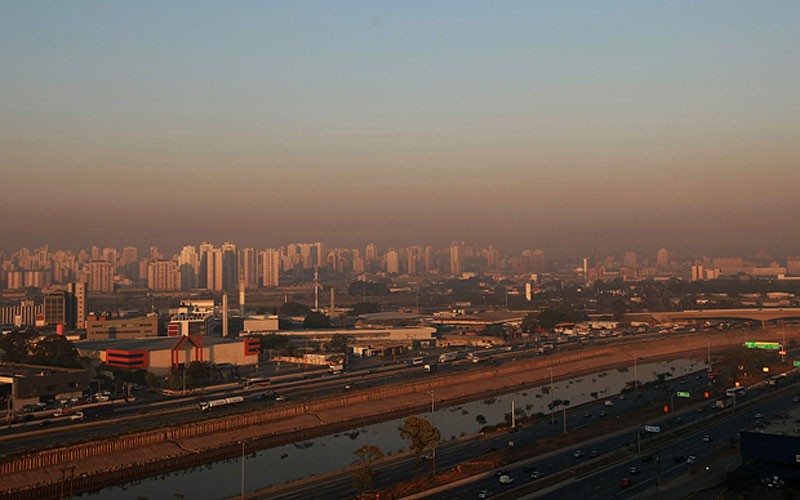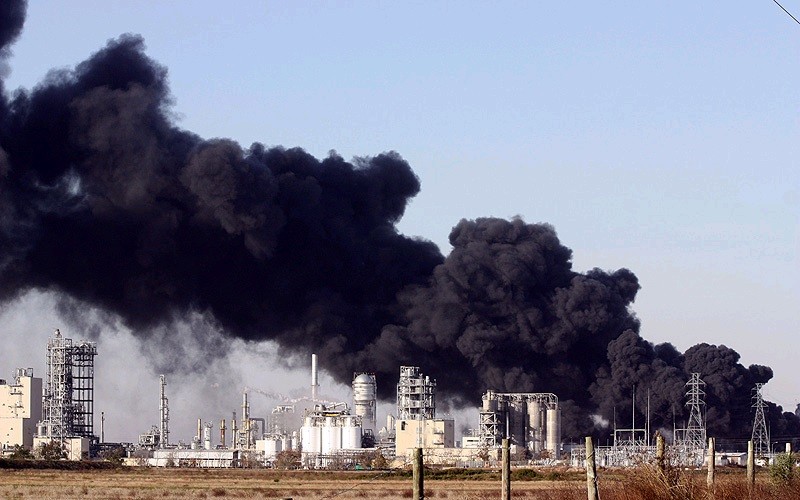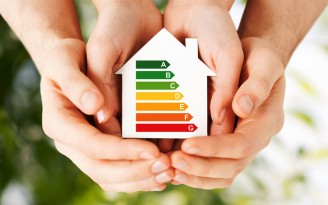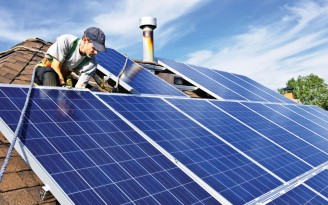
Air pollution is bad for your health and draws attention to the care needed with the environment
Editorial Staff
Monday | December 05, 2016 | 3:50 PM | Last update: December 05, 2016, 4:49 PM (Brasilia time)
Levels of air pollution in the world are getting higher and higher, causing very serious consequences to all those who live on our planet. The emission of polluting particles is so intense that in 2015 Santiago in Chile declared an "environmental emergency," advising the population not to do any exercise in the open air for 24 hours.
Unfortunately, this measure may not be exclusively restricted to the South American metropolis. In a report published in May 2016, the United Nations Environment Programme (UNEP) warned that between 2008 and 2013 gas emissions into the atmosphere increased by 8% in urban areas.

Just to have some idea of this, air pollution alone kills more than five million people every year, according to data from the World Health Organization (WHO). In urban centers, nine in every ten inhabitants are exposed to pollution levels that are higher than those considered acceptable by the global entity.
According to the WHO, pollution in these cities is attributed to our dependence on fossil fuels, with our coal-fired power stations, the use of private motor vehicles, the energy inefficiency of buildings and the use of biomass for cooking and heating.

The situation is so alarming that some countries have already prepared measures for reversing these negative data. Worried about the effects of pollution on the health of their inhabitants, many governments have prioritized using more renewable energy and ecological ovens in order to combat this emergency public health situation. China, for example, recently published a plan for reformulating automobile fuels that encourages the use of electric and hybrid vehicles.
TRUSTING IN AWARENESS-RAISING
India also launched a project for reducing the figures related to pollution. The country announced the creation of a new national air quality index, with the idea of helping its citizens understand the pollution figures and their implications for health.
The Indian Environment Ministry said that the index will use a color code for indicating the related health impacts, thus providing a more effective understanding of the subject.
According to the World Health Organization, India’s capital city, New Delhi, has the world’s most polluted air, measuring 153 micrograms of small particles per cubic meter.
“BE CAREFUL, WE ARE BREATHING DEATH!”
The picture is complicated, but it’s still possible to reverse it. Since everybody needs to enjoy a balanced ecosystem, the efforts of both citizens and government are essential, even more so because the situation cries out for ever more intense efforts, which is why journalist Paiva Netto states in his article “Be careful, we are breathing death:” “The destruction of Nature is the extinction of the Human Race. If we do not overcome what is difficult today, we may be overwhelmed by what is impossible tomorrow.”
It’s never too late to begin to change, and it starts with us. When our conscience matures, we’ll change the world!


